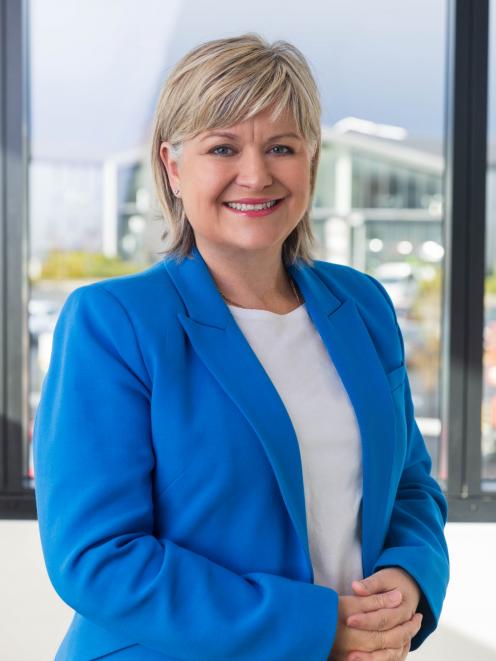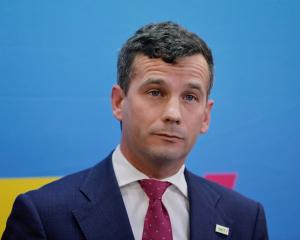
Cancer Society Otago-Southland chief executive Nicola Coom said it would take the whole system to rethink how to improve cancer care and outcomes.
"We can no longer tinker around the edges - it’s time for an overhaul", she said.
This follows the health and disability commissioner’s recent addendum to last year’s damning report on the Southern Blood and Cancer Service and delivery of non-surgical cancer treatment from 2016-22.
The addendum warned ongoing lack of senior medical staff had hindered progress, despite efforts to recruit by Health New Zealand Te Whatu Ora (HNZ).
Ms Coom said the cancer society was pleased progress was being made and every effort was going into recruitment, but she was concerned this might not yield results.
"As the commissioner has pointed out, this will take time.
"Recruiting in a market that is well known for its shortages is difficult.
"Despite best efforts it may not result in the appointment of more radiation oncologists, so we are interested in what plan B and C are."
The Cancer Society was set to launch a new service from April, Ms Coom said.
It would extend the society’s reach into every South Island community, ensuring all families impacted by cancer could access support as needed.
"At the very least, this means families will never be on their own while they are waiting for their treatment or while they are undergoing treatment."
The original report last April found hundreds of people in Otago and Southland suffered harm as repeated calls to address dire wait times for cancer treatment were ignored.
Released last week, the addendum said considerable work appeared to have been undertaken to improve the service by HNZ in collaboration with Te Aho o Te Kahu, the Cancer Control Agency.
However, the difficulty in recruiting senior medical staff hindered progress and the service had faced significant challenges since the report was published.
"In my view, until these workforces are stabilised and enhanced, there is no guarantee that patients will be seen and treated within appropriate timeframes, and therefore there is no guarantee that there will not be ongoing patient harm, and nor will there be improved staff wellbeing and working conditions", Ms Coom said.
Urgent collaboration was required nationally to address the shortage both in the South and nationwide.












